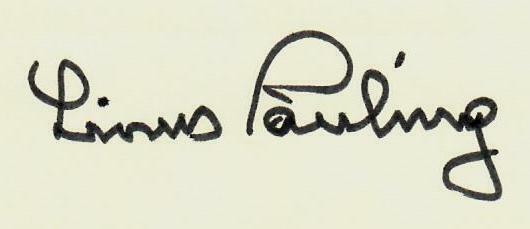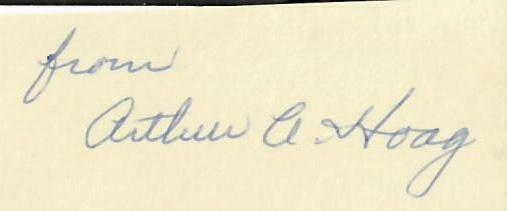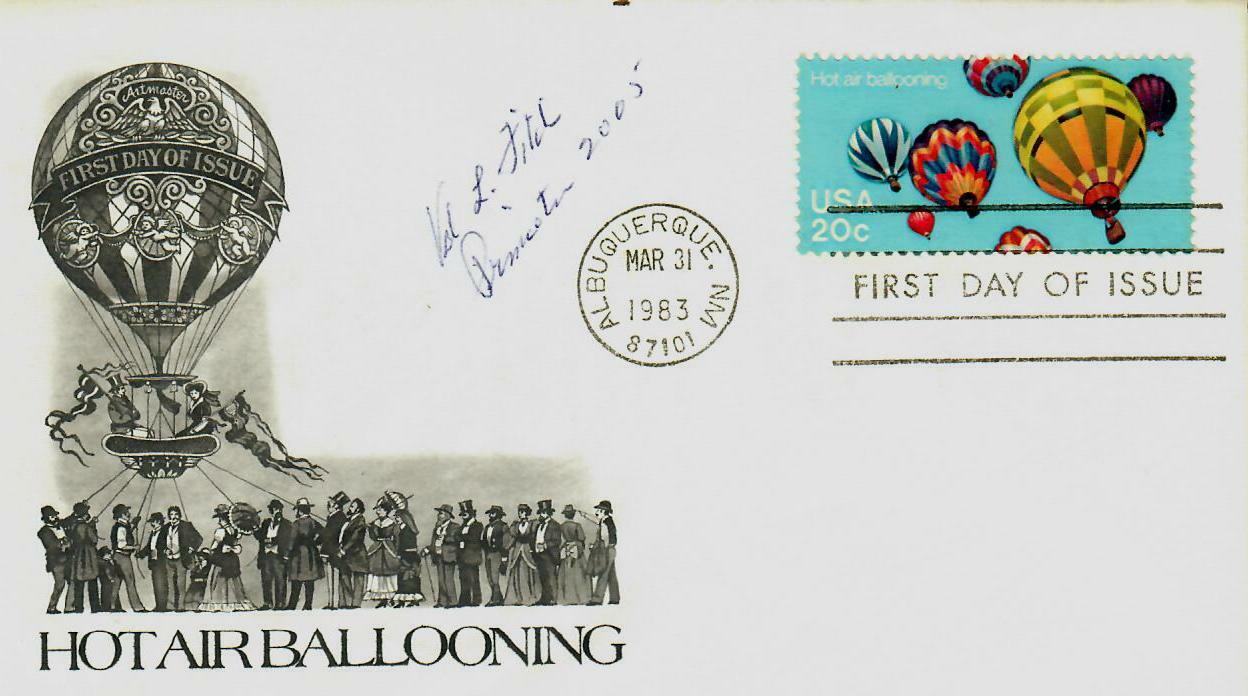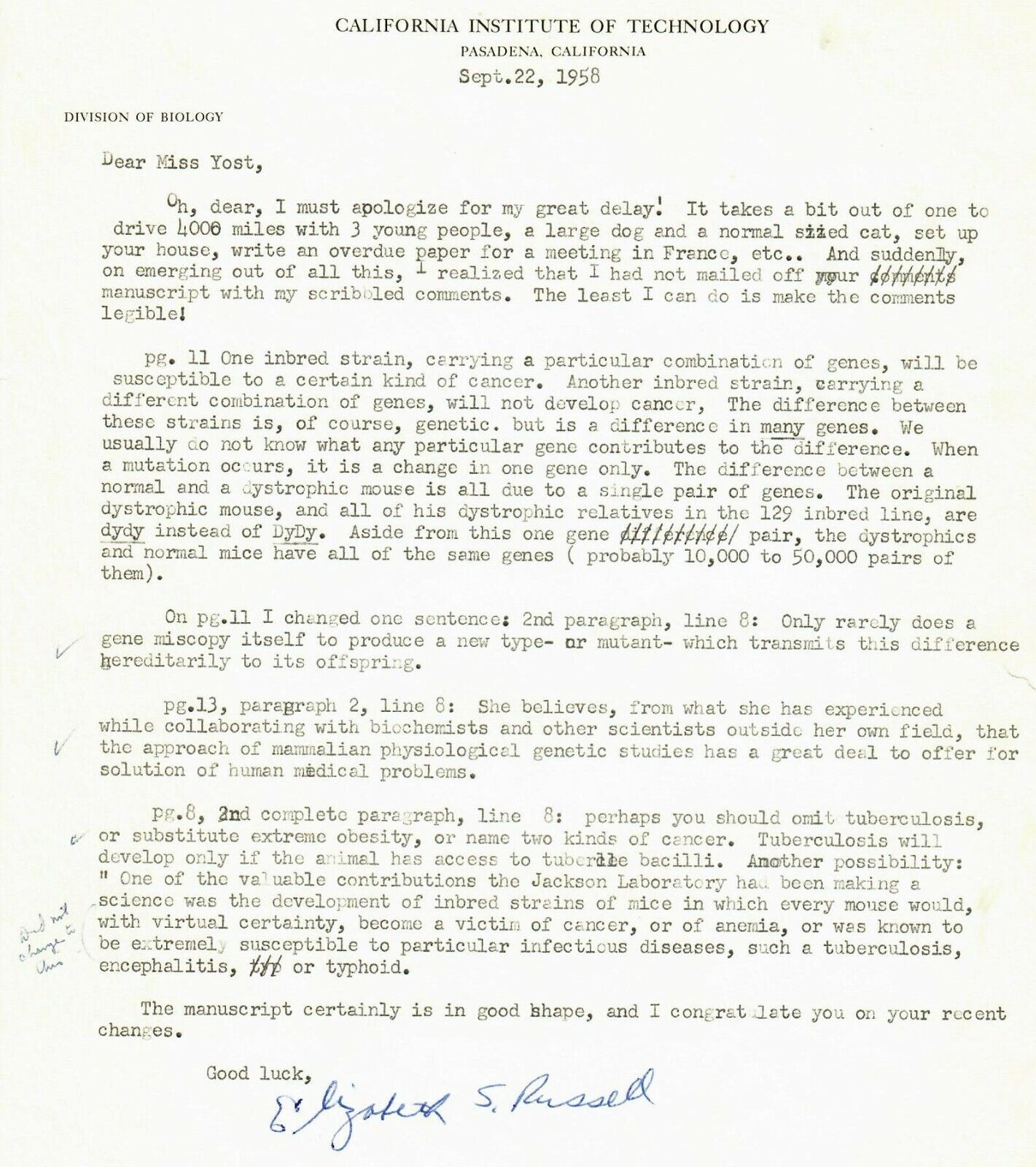-40%
"Quantum Mechanics" Gregor Wentzel Hand Signed FDC Dated 1963 Todd Mueller COA
$ 263.99
- Description
- Size Guide
Description
Up for auction a RARE!"Quantum Mechanics" Gregor Wentzel Hand Signed First Day Cover Dated 1963.
This
item
is certified authentic by Todd Mueller Autographs and comes with their Certificate of Authenticity.
ES-5659E
Gregor Wentzel (17 February 1898 – 12 August 1978) was a German physicist known for development of quantum mechanics. Wentzel, Hendrik Kramers, and Léon Brillouin developed the Wentzel–Kramers–Brillouin approximation in 1926. In his early years, he contributed to X-ray spectroscopy, but then broadened out to make contributions to quantum mechanics, quantum electrodynamics, and meson theory.\ Gregor Wentzel was born in Düsseldorf, Germany, as the first of four children of Joseph and Anna Wentzel. He married Anna "Anny" Pohlmann in 1929 and his only child, Donat Wentzel, was born in 1934. The family moved to the USA in 1948 until he and Anny returned to Ascona, Switzerland in 1970. Wentzel began his university education in mathematics and physics in 1916, at the University of Freiburg. During 1917 and 1918, he served in the armed forces during World War I. He then resumed his education at Freiburg until 1919, when he went to the University of Greifswald. In 1920, he went to the Ludwig Maximilian University of Munich (LMU) to study under Arnold Sommerfeld. Wentzel was awarded his doctorate in 1921[5] and completed his Habilitation in 1922. He remained at LMU as a Privatdozent until he was called to the University of Leipzig in 1926 as an extraordinarius professor of mathematical physics. In 1926, Wentzel,[6] Hendrik Kramers, and Léon Brillouin independently developed what became known as the Wentzel–Kramers–Brillouin approximation, also known as the WKB approximation, classical approach, and phase integral method. He became ordinarius professor in the Chair for Theoretical Physics, at the University of Zurich, when he succeeded Erwin Schrödinger, in 1928, the same year Wolfgang Pauli was appointed to the ETH Zurich. Together, Wentzel and Pauli built the reputation of Zurich as a center for theoretical physics. In 1948, Wentzel took a professorship at the University of Chicago. He retired in 1970 and went to spend his last years in Ascona, Switzerland. In 1975, he was awarded the Max Planck Medal.










